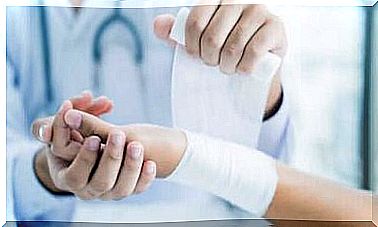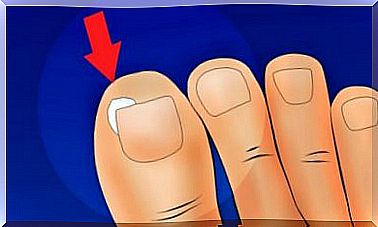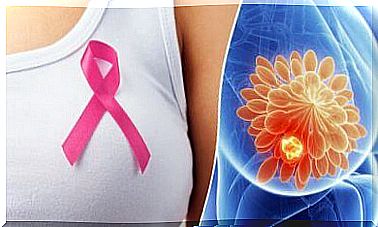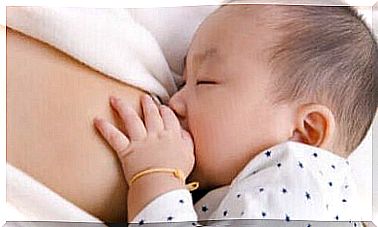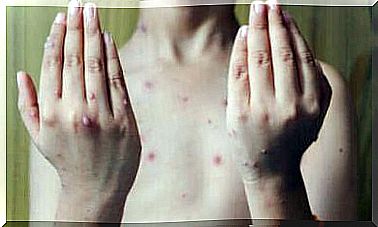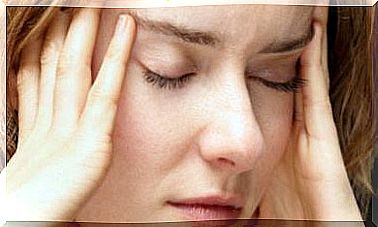Symptoms Of Hip Joint Wear And How To Prevent It
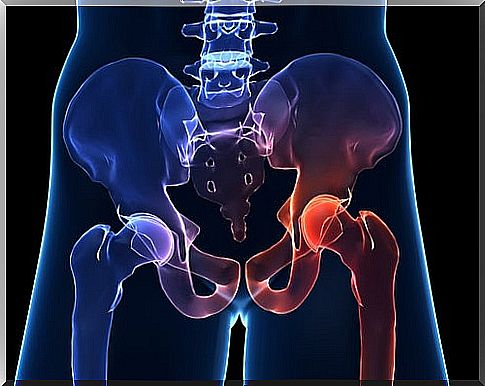
Women tend to be the ones who struggle the most with hip joint wear, osteoarthritis and other muscle diseases that affect our quality of life. Wear on the hips is one of the most common and dangerous joint diseases we have. We will therefore inform you about various symptoms of hip wear.
What causes hip wear?

Hip joint wear affects the cartilage. Remember that the hip joint is composed of the femur and the hip socket (a cavity where the femur fits perfectly). Around this area we have a network of fibers and ligaments that unite cartilage and absorb shocks. Hip wear can occur in one of two ways:
- Primary: Which is a result of wear and tear over time. Occurs in the age group 60 to 65.
- Secondary hip wear: A result of joint problems due to distortion or malnutrition and bone problems. In these cases, one can begin to get symptoms of hip wear as early as in the thirties.
Let’s take a look at the causes of this painful disorder:
- Trauma: Distortion, injuries or poorly treated injuries can lead to hip wear.
- Vascular: Vascular insufficiency is a disease you should consider. It usually occurs due to problems caused by distortion, but in this case the cause is vascular.
- Congenital factors: Children often come into the world with congenital problems, such as hip dysplasia, growth problems or other injuries.
- Unbalanced skeletal structure: Many people suffer from having different lengths of legs.
Symptoms of hip wear
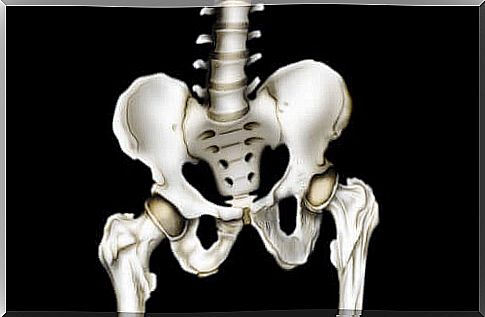
- The first symptom of hip wear is of course pain. But many believe that this pain will only be close to the hips, when in fact it occurs more often in the groin region. You can even feel the pain move down towards your thighs, knees and back to your buttocks.
- Sometimes you will feel a kind of explosion as you move.
- If your hips hurt, this may be due to muscle problems. However, if it hurts in the groin, it can be a direct result of hip joint wear.
- In the beginning, this pain will not be as intense, and will often come after physical activity. After a long walk, after a run or when lifting heavy objects, for example. After you get some rest, the pain will go away.
- Later, as the wear becomes more extensive, the pain will become more intense. It will then be difficult for you to carry out basic activities, such as going up the stairs. When you cross your legs you will feel a painful explosion, and at night when you turn around in bed.
How can I prevent hip wear and tear?
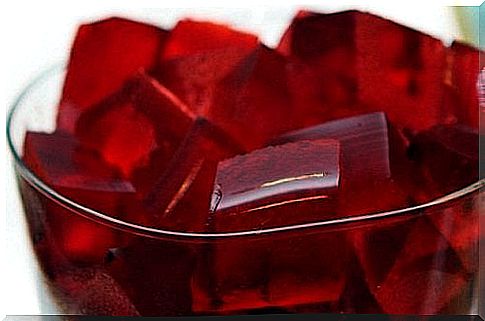
You should know that if you are struggling with pain in your hips, and especially if you have symptoms of hip joint wear, you should start changing your lifestyle to deal with this problem. The reason for this is that there is currently no treatment.
You should eat well so that your body has all the nutrients it needs. In addition, you should exercise a little every day so that you can keep going without wearing yourself out completely.
Follow your doctor’s instructions without abusing anti-inflammatory drugs. These have a very negative impact on your liver in the long run. On the other hand, if your goal is to prevent hip wear and you do not necessarily struggle with this problem, you should follow these recommendations.
What can you do yourself?
- Make sure you have a balanced weight.
- Exercise a little every day, especially exercise that does not require you to move your hips, such as running or swimming.
- Make sure you get enough vitamins C, A and D, as these nutrients will help you synthesize collagen. Therefore, you should eat more citrus fruits, mangoes, pineapples, carrots, melons and strawberries, as well as vegetables such as artichokes and garlic, which are especially good for reducing swelling in the joints.
- Gelatin is great for restoring cartilage, and as you probably know, bones can not grow back, but fortunately cartilage can.
- Do not hesitate to take magnesium supplements. This nutrient is fundamental for maintaining healthy joints, and is also good for our health in general. Ask your doctor or health food store where you can get this supplement.
- Drink at least two liters of water every day. It is important that you stay hydrated, because then your joints will also be hydrated.
- Some people also use vitamin supplements such as glucosamine sulphate, which are very good for hip wear. This is a natural way to strengthen this part of the body, and the cartilage in general. You can talk to your doctor about the health benefits.
